The clinical signs of Feline Idiopathic Cystitis include dysuria (difficulty or pain during urination), pollakiuria...
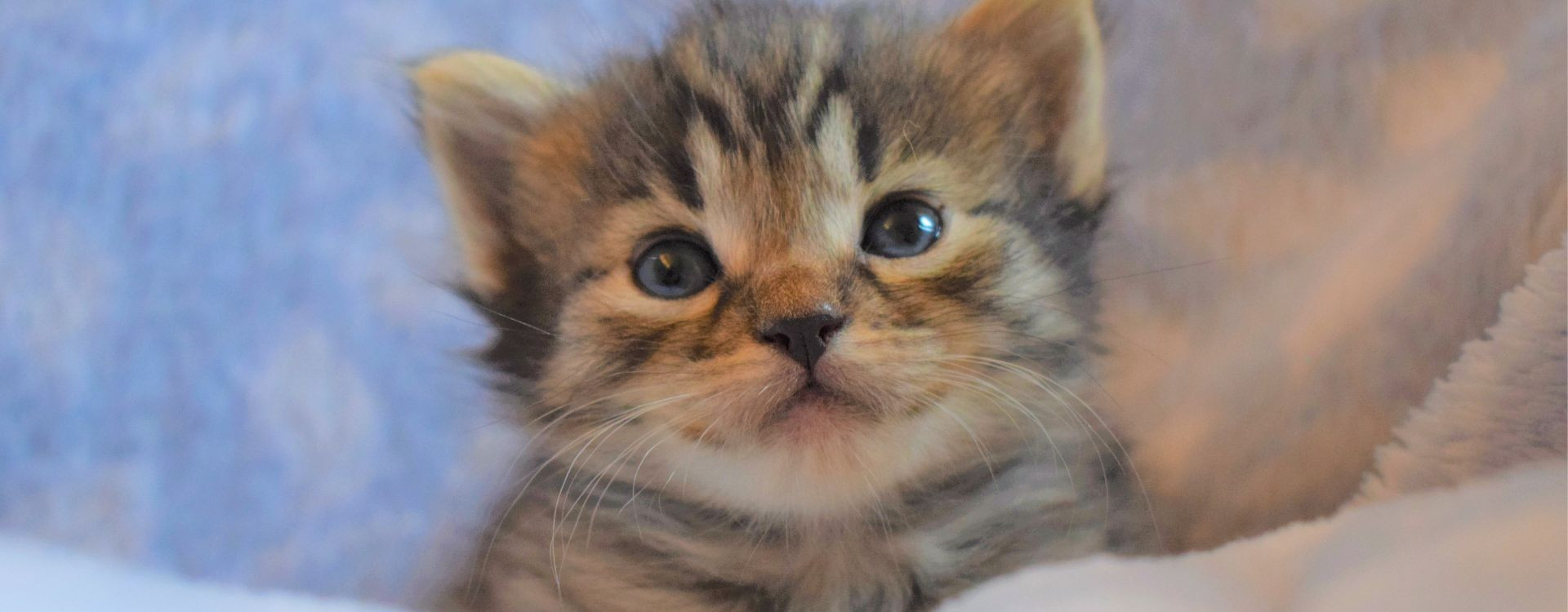
Does my cat suffer from stress?
We could say that cats are very controlling animals because they like to have control over everything that happens around them. This way they can feel good and calm. The ability to have control over the environment is one of the most important factors, in the case of the feline species, to prevent and treat stress. It's better positive reinforcement than treats.
I'll give you an example: if you have a window that allows access to a terrace where your cat can take in the air and the sun and explore safely, but that window is sometimes closed and sometimes open, your cat will have no control over access to the terrace, which will stress him out. Sometimes your cat may stand in front of the window and meow or scratch at it and in that moment you open it, but your cat doesn't go through. Of course, what he wants is to keep the window open and pass through when he wants. If you put a cat door in the window it will solve everything because you can have the window closed and he can go to the terrace whenever he wants.
Anything that makes him lose that control will cause him stress. Let's give some examples:
- Introducing another cat.
- Cleaning the house or painting which removes facial pheromone marks.
- Moving.
- Changes in routine.
- Having a baby.
- Changing litter boxes, type of litter or location.
- Sounds.
- New smells.
- Visits.
- Going to the vet or another cat coming into the house.
- Sickness and pain.
- Conflicts with other cats.
- Lack of places to hide or climb.
- Lack of sufficient resources.
- Rationing food instead of leaving it available.
- Frequent petting.
As you can see there are many cause of stress, I am sure that since you are now familiar with them you can anticipate and organize their environment based on their way of being.
What signs should you look for to help you recognize if your cat is stressed?
One of the most frequent and often misunderstood signs is to spend more time lying down or hiding. Cats are masters at hiding their ailments and emotions so as not to be detected. You may think they're quiet, but they're not. If your cat is too calm it is almost certain that something is wrong: stress, pain, obesity.
Other signs may be: dilated pupils (you can see that the whole eye is black), crouching, being alert and reacting startled to any noise or movement, hair standing on end, hissing, running away, excessive licking, aggressiveness, relieving himself outside the litter box, overeating or not eating, meowing, increased scratching on the scratching post or elsewhere.
Can stress have negative consequences?
Of course! Stress can lead to behavioral problems, such as aggression, anxiety, compulsive behaviors, or inappropriate bowel movements. It can also lead to disease, such as respiratory, urinary, and dermatologic diseases. In addition, it decreases immunity and worsens the quality of life if it becomes chronic.
Now you know, get started by identifying and reducing potential stressors in your home. In the article on environmental enrichment you can find some advice.
Rosana Álvarez. Veterinary specialist in behavioral medicine.


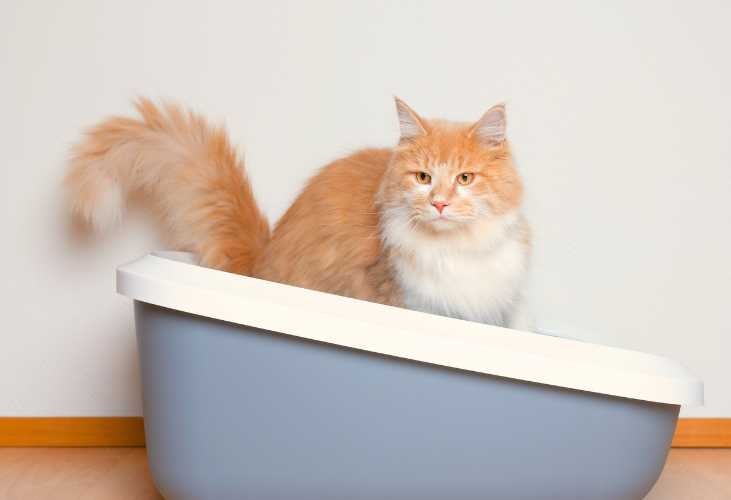

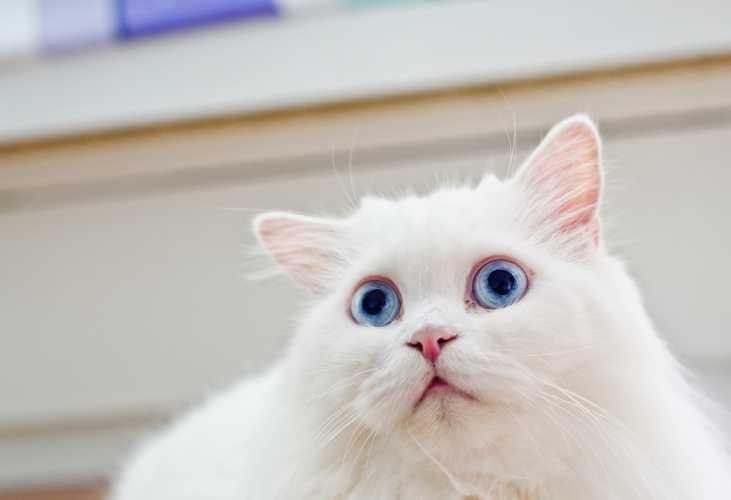
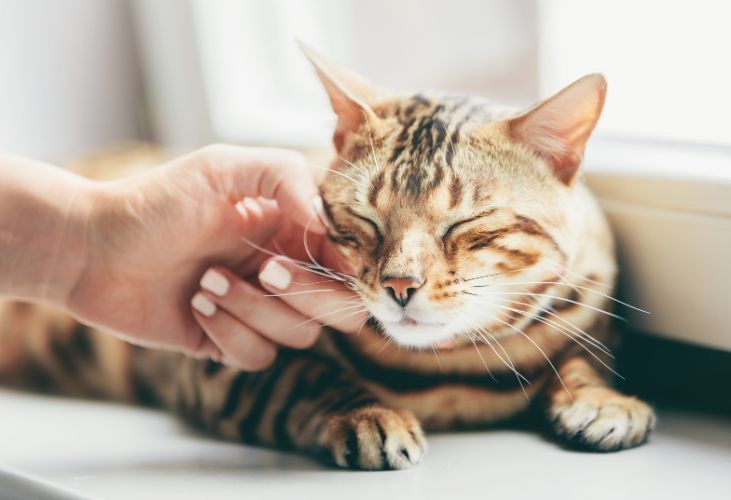
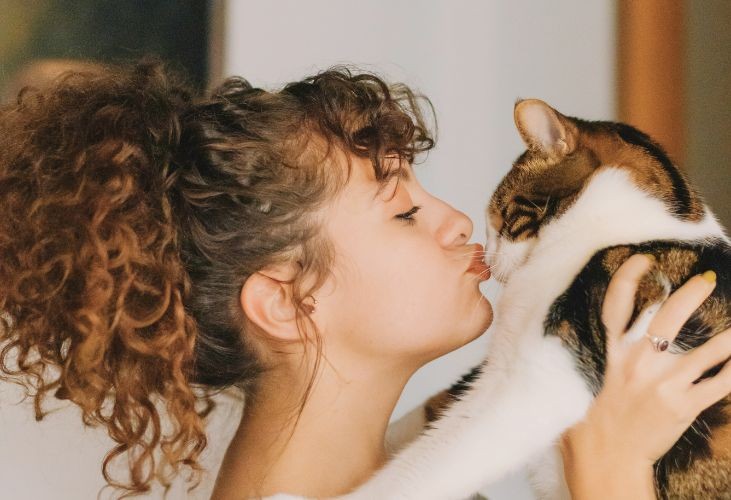
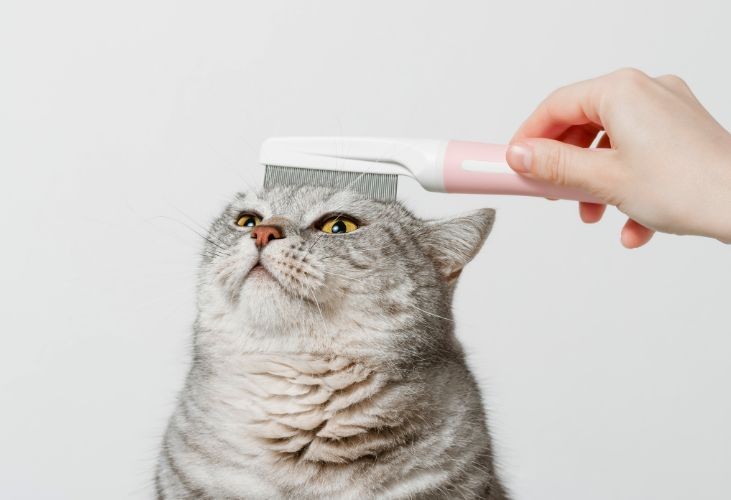
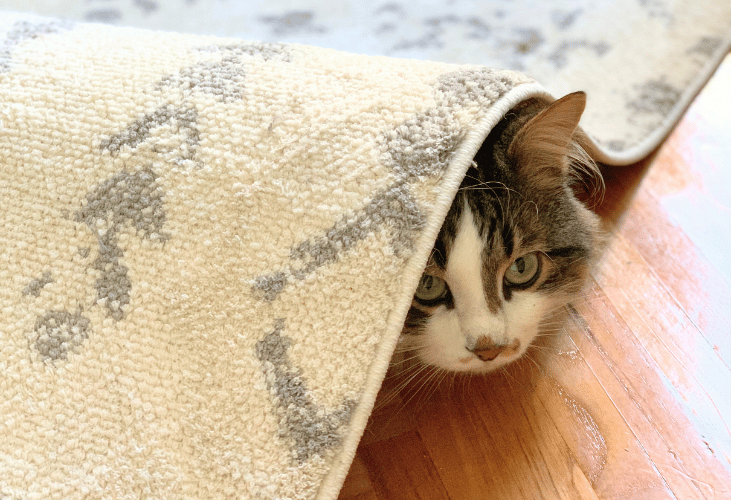
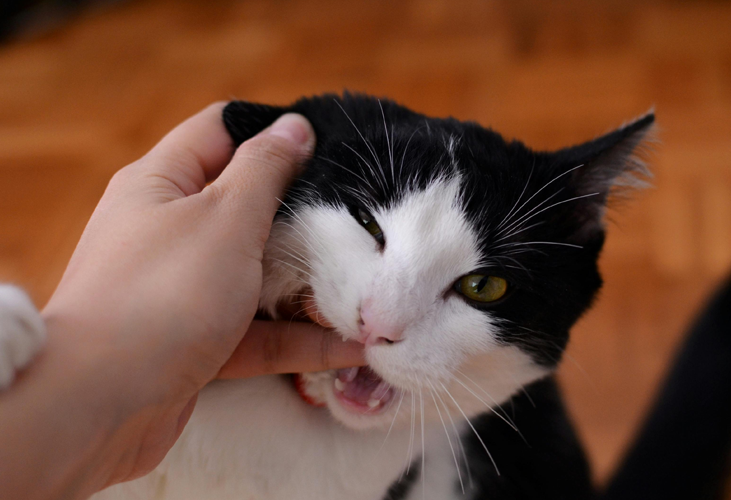
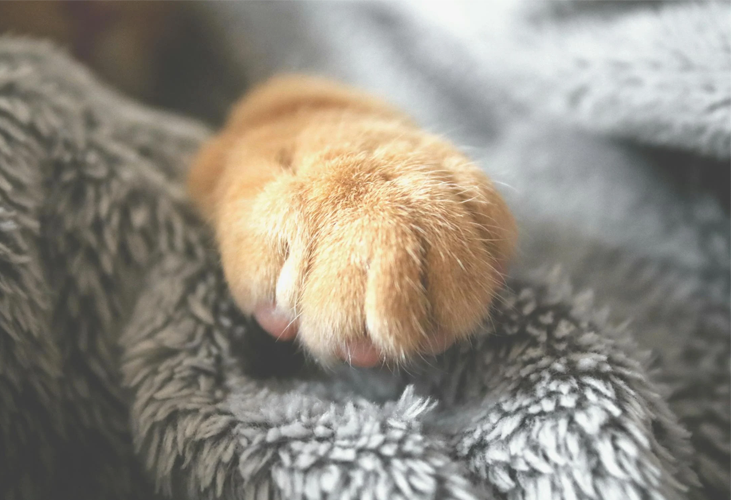
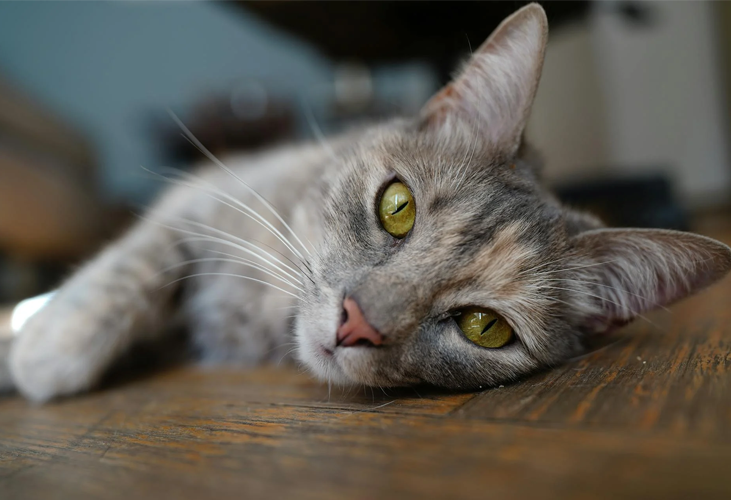
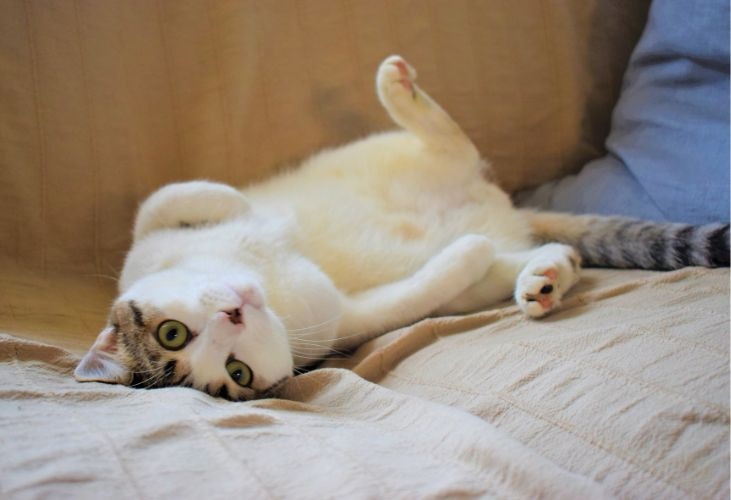
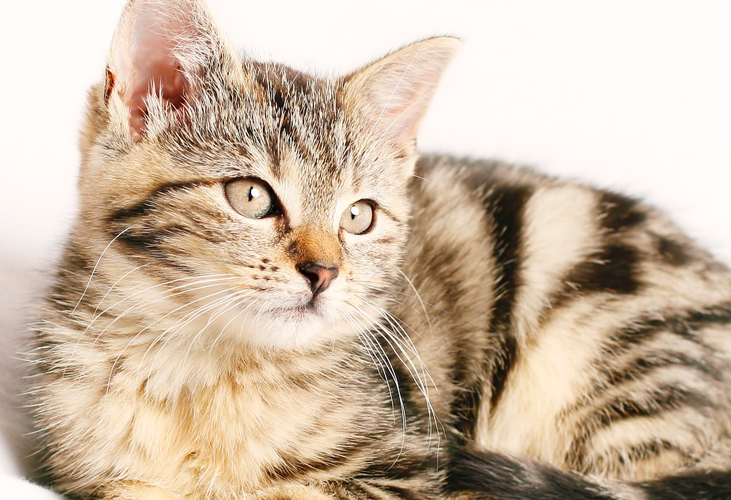
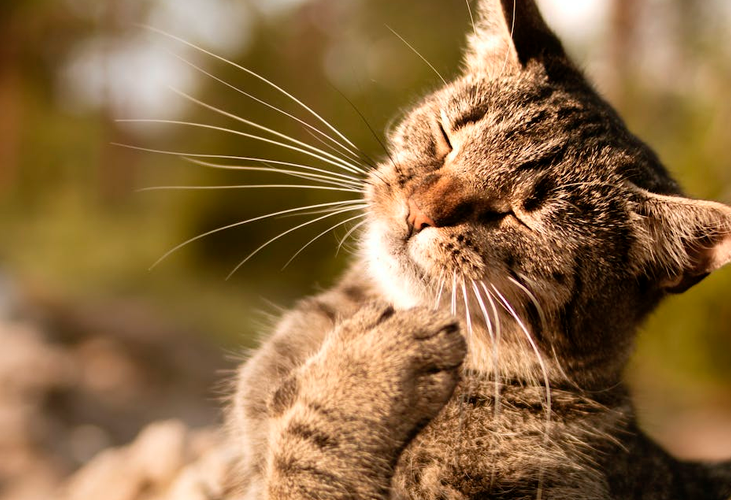
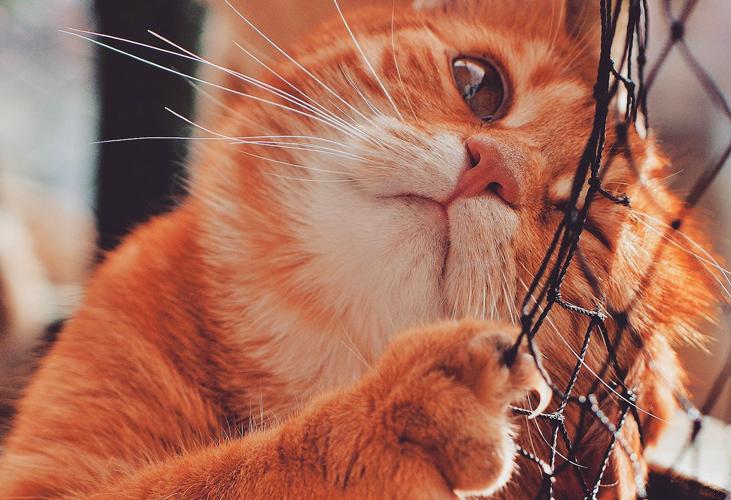
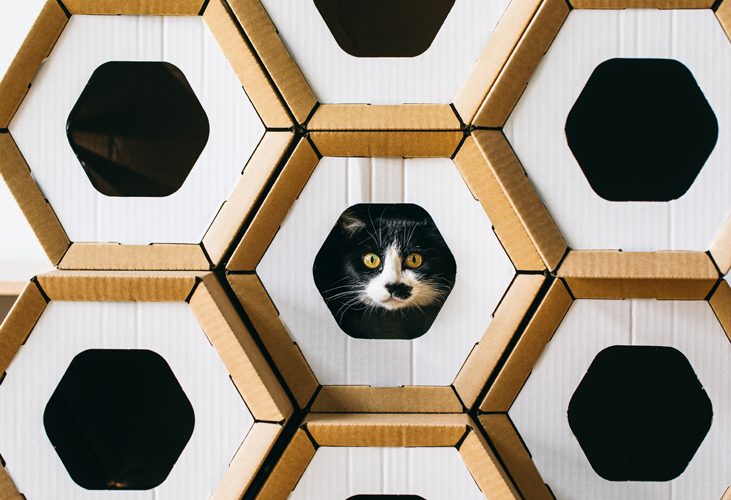
Leave a comment